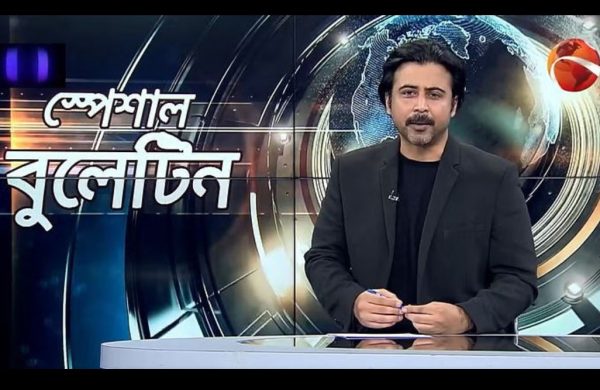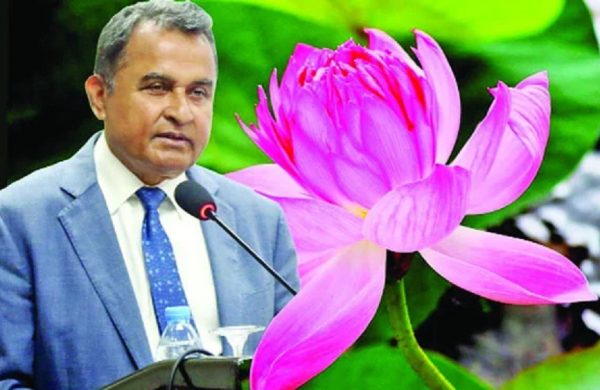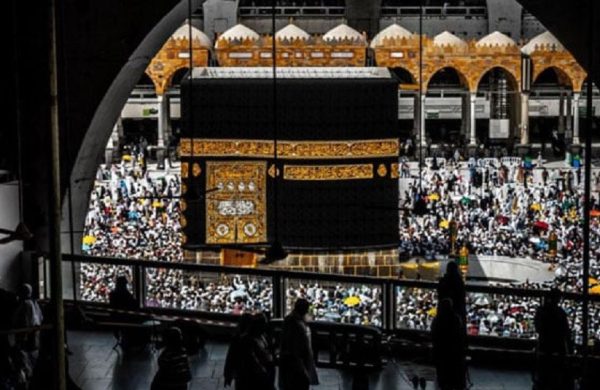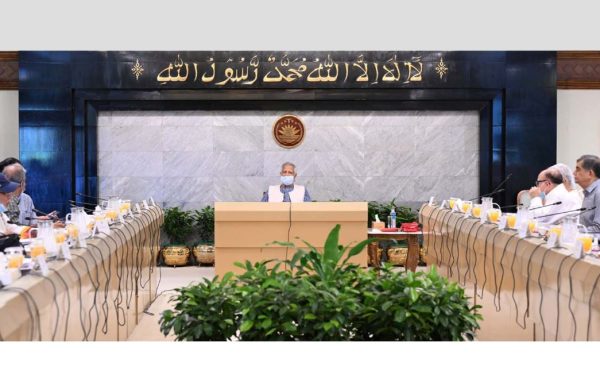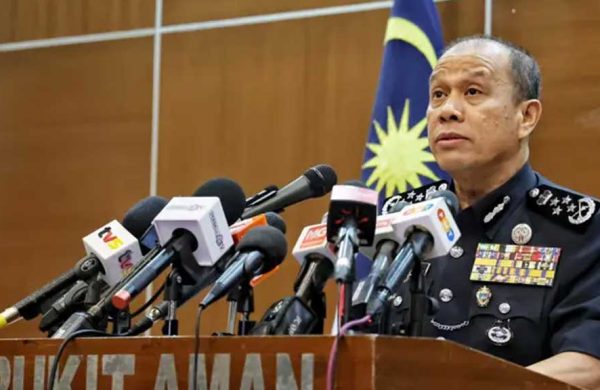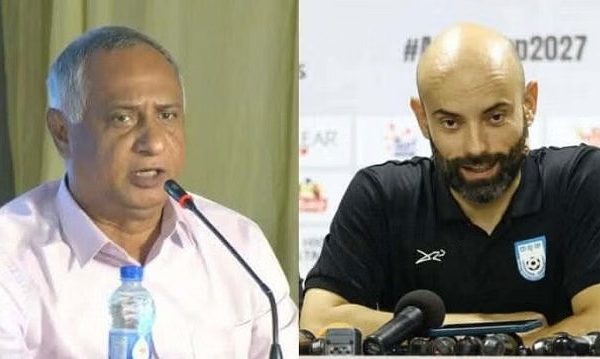Axe to fall on unneeded dev projects
- Update Time : Monday, September 9, 2024

TDS Desk:
With prioritizing the completion of the fast-track projects, the government moves to reconsider or cancel several ongoing development projects deemed unnecessary.
Of the eight fast-track projects undertaken by the Awami League government, only the Padma Bridge has so far been completed.
With the remaining fast-track projects still in progress, the interim government is committed to completing them due to their potential positive impact on the public life.
Planning Adviser Dr Wahiduddin Mahmud recently told media reporters that austerity measures were taken over the past two fiscal years, leading to reduced allocations for many projects.
“Fast-track projects were exempted from these cost cuts. But despite this priority, the progress of many of these projects has been less than satisfactory,” he added.
The interim government decided to re-evaluate all the ongoing and planned development projects, with focus on eliminating those driven by political considerations or benefiting specific groups rather than serving the public interest.
According to sources at the Planning Commission, at least 23 major projects have already been flagged for unnecessary cost overruns and the misuse of funds.
One such example is the Chittagong-Cox’s Bazar highway expansion project, which has faced criticism for its inflated cost of Tk8,556 crore for only 28 kilometers of road. Many other projects are also under scrutiny, casting doubt on their continuation.
As part of the government’s strict approach, hundreds of projects have been taken back for re-evaluation.
Projects deemed redundant or misaligned with public welfare are being recommended for cancellation.
Dr Wahiduddin Mahmud emphasised that it is economically prudent to cancel development projects that do not prioritise public needs.
Implementation Monitoring and Evaluation Division (IMED) Secretary Abul Kashem Md Mohiuddin said that the government would re-assess each project’s status and potential economic benefits before making final decisions. Even if a project has incurred more than fifty percent of its cost, it might still be excluded if it does not directly benefit the country or its people, he added.
However, the fast-track projects that are near completion and serve the public interest are expected to be finalized, he stated.
According to the latest report from the IMED, as of July this year, fast-track projects achieved 91.54% physical progress. However, financial progress lags behind at 78.82%, indicating challenges in securing and managing foreign loans.
The IMED report highlighted the Padma Bridge project, which was inaugurated on 25 June 2022. The project’s physical progress stood at 100%, and financial progress at 94.37%, with a total expenditure of Tk30,770.14 crore as of July.
Although the work began in January 2009, it has seen several timeline extensions and a recent cost increase of Tk1,117 crore, bringing the total expenditure to Tk 32,605.52 crore.
Meanwhile, the Metro Rail project’s Uttara-Agargaon section became operational in December 2022, with the Agargaon-Motijheel section launched on 4 November last year.
The entire project is expected to be completed by December 2025. As of July this year, Tk24,716.33 crore has been spent, with financial progress at 73.84% and physical progress at 90%.
The Metro Rail project’s cost has recently been revised to Tk33,471.99 crore from an initial Tk21,985 crore, extending the project’s timeline by 18 months.
The Rooppur Nuclear Power Plant project achieved a physical progress of 69.01% and financial progress of 66.30%, with a total expenditure of Tk74,981.02 crore. It is now projected to become operational by December 2025.
The Padma Rail Link project recorded a 95% physical progress and 85.28% financial progress, with Tk 31,899.79 crore spent as of July. The project, expected to be completed by June 2024 at an estimated cost of Tk 39,246.80 crore, is slated for inauguration in December this year.
Under the Moheshkhali-Matarbari combined infrastructure development programme, 12 separate projects have so far spent Tk44,464.91 crore out of a total allocation of Tk56,693.90 crore. These projects achieved 78.43% financial progress and 88.20% overall progress as of July, and are expected to be completed by June 2026.
On the other hand, the India-funded Rampal Power Plant achieved 99.17% physical progress and 95.20% financial progress, with an expenditure of Tk15,232 crore out of the total Tk16,000 crore.
Besides, the Payra Deep Seaport project made 92.82% physical progress and 86.96% financial progress, spending Tk3,803.83 crore out of a total of Tk4,374.47 crore.
Possible project cancellations
The interim government is likely to cancel many development projects due to concerns over economic inefficiency and political motivation.
A project valued at Tk7,595 crore for the development of 300 parliamentary constituencies, which includes building of madrasas, is under review and may not move forward.
Critics argue that some projects, such as the Tk772 crore worth ‘Sheikh Hasina Nakshi Palli’ in Jamalpur, serve special interests rather than public welfare.
Amid financial instability and a dollar crisis, the fate of 3,325 development projects initiated by the Awami League government remains uncertain, an IMED official familiar with the matter said.
Budget cuts for 23 projects
The Planning Commission identified 23 projects initiated by the previous government for review, citing excessive costs and potential financial mismanagement.
These projects, totaling Tk2,38,000 crore, include the Chattogram-Cox’s Bazar Highway project, which costs Tk306 crore per km, and the Chittagong-Dohazari railway conversion, now costing Tk10,797 crore.
Other projects under scrutiny include a Tk5,651 crore flyover and the Metro Rail Line-1 and Line-5 projects.
Additionally, several new projects, such as cyclone shelter construction and road development, are being considered for cost reductions.
Meanwhile, the interim government adopted a stringent approach in scrutinising development projects.
In line with this move, the Planning Commission is re-evaluating ongoing projects, identifying those deemed unnecessary, less important, or politically motivated.
It is also investigating the reasons behind time and cost overruns in both completed and ongoing projects. As a result, hundreds of projects previously submitted to the Executive Committee of the National Economic Council (ECNEC) for approval have been withdrawn, according to a Planning Commission official.


